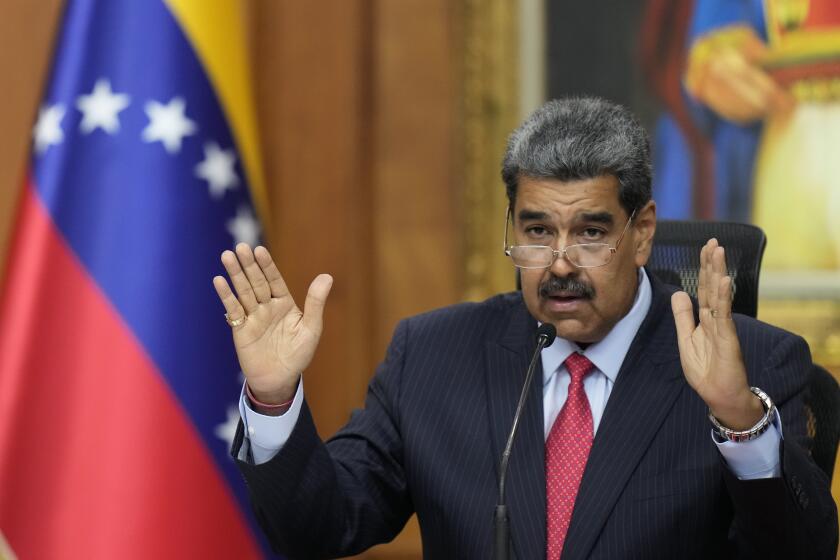Opposition returns to the streets, demanding resignation of Haitiâs president
Port-au-Prince â Hundreds of people protested in the streets of Port-au-Prince Friday, demanding the resignation of Haitian President Jovenel Moise during a day of mobilization that ended without major incidents and is the first after the violent protests in February.
âThe opposition will not negotiate or be part of any government with Jovenel Moise, we will continue with the mobilizations until he leaves. We are not going to accept that it is the international community that imposes someone in the country,â said former Haitian presidential candidate Jean Charles Moise.
The opposition leader stated that nothing has changed in the country and that there is more misery, more hunger, more inflation and more insecurity.
âThe first responsible is Jovenel Moise, who does not want to listen to the voice of the people. Today we are re-launching the protests and we are going to continue until Jovenel leavesâ, he claimed.
âFor me it is important to be in the street to say NO to this system, I will always be there to ask for profound changes in the country. We are not going to accept that only politicians and the rich can function normally in this country,â Carlo Pierre-Paul, one of the demonstrators said Friday.
He added that, despite having diplomas that attest to their educational levels, young people do get a job in the country and he considered it as âunacceptableâ that the future of young Haitians is only in migration.
The street protests occur in the midst of a phase of heightened insecurity in several areas of the country and the capital itself, where on Friday morning a National Police officer and his wife were shot and killed, and a day after a Portuguese citizen was also killed when he was leaving a bank in the city of Saint Marc, north of Port-au-Prince.
On Mar. 27, the Chilean ambassador to Haiti, Patricio Utreras, was the victim of an armed attack whilst he was on his way to a attend a solidarity activity northeast of the Caribbean nationâs capital.
Fridayâs protests come just a week after Jean-Michel Lapin took office as the countryâs interim prime minister, after the Chamber of Deputies passed a motion of censure against Jean Henry Ceant for failing to respond to the worsening crisis.
Haiti is going through a deep economic and political crisis after the widespread and violent two-week protests that began on Feb. 7, the same day that Jovenel Moise had served two years in office.
During these protests, called by the opposition at least 26 people died, according to the Inter-American Commission on Human Rights (IACHR), although Haiti police has not provided data on the number of victims.
In their protests, the demonstrators also demand justice for alleged irregularities in the Petrocaribe program, through which Venezuela supplies the country with oil at soft prices.
An audit revealed irregularities in this program between 2008 and 2016, involving 15 former ministers and current officials, as well as a company Moise ran before he became president.



